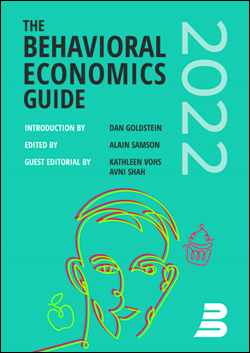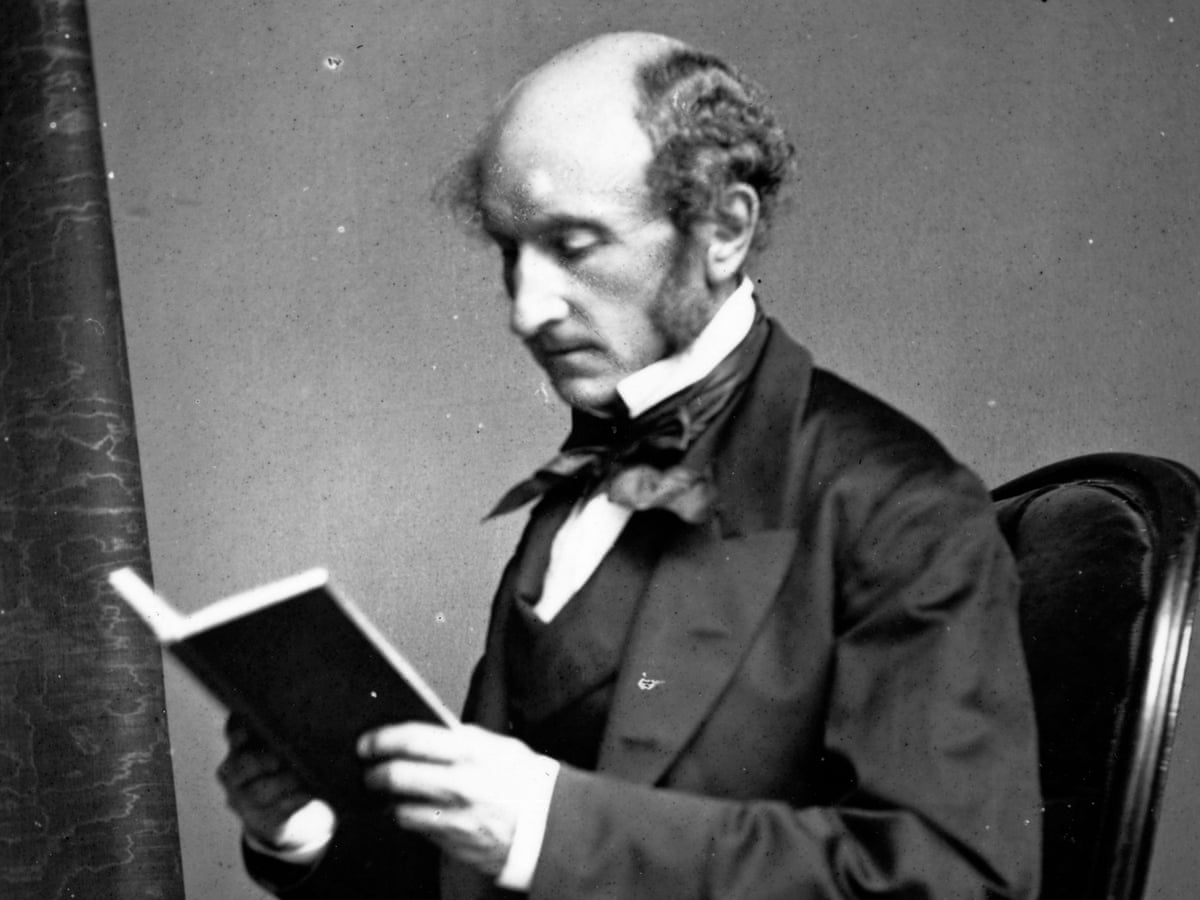 PHOTO: LUCY NICHOLSON/REUTERS
PHOTO: LUCY NICHOLSON/REUTERS
Új korszak a termékenység közgazdaságtanában – M. Doepke, A. Hannusch, F. Kindermann, M. Tertilt
A new era in the economics of fertility
Matthias Doepke, Anne Hannusch, Fabian Kindermann, Michèle Tertilt
11 June 2022 – VOX EU CEPR
A mai makroökonómiáról: G. Selgin interjúja – D. Beckworth
George Selgin on Macroeconomics Today: A Discussion of Recent Developments
George Selgin and David Beckworth look at their top three monetary policy news stories of the week.
Jun 13, 2022 – The Macro Musings Podcast
Biden fiskális ösztönző programjának dicsérete – S. Wren-Lewis
In praise of Biden’s fiscal stimulus
Simon Wren-Lewis
Tuesday, 14 June 2022 – mainly macro
Miért korlátozottak a Fed lehetőségei – B. DeLong
Why the US Federal Reserve’s Options Are Limited
J. BRADFORD DELONG
Jun 14, 2022 – Project Syndicate
Infláció: a közgazdaságtannak van magyarázni valója – G. Ip
On Inflation, Economics Has Some Explaining to Do
By Greg Ip
June 15, 2022 – The Wall Street Journal
Az FRB-NYFED konferenciája a dollár nemzetközi szerepéről – M. Chinn
First Annual FRB-NYFED Conference on the “International Roles of the U.S. Dollar”
This entry was posted on Econbrowser on June 18, 2022 by Menzie Chinn.
Az infláció nem az egyetlen démon – E. Price
Inflation is not the only demon
Edward Price
JUNE 16 2022 – Financial Times

Illustration: Alejandra Fernandez for Bloomberg Businessweek
A jövedelemegyenlőtlenség csökkent a járvány idején az Egyesült Államokban – B. Steverman
America’s Inequality Problem Just Improved for the First Time in a Generation
ByBen Steverman
2022. június 8. – Bloomberg
Az Oroszország elleni nyugati szankciók működnek, az energiaembargó költséges tévút lenne – M. Harrison
Western sanctions on Russia are working, an energy embargo now is a costly distraction
Mark Harrison
13 June 2022 – VOX EU CEPR

Előítéletek a túl kevés választási lehetőség miatt és a viselkedési közgazdaságtan más témái – T. Taylor
Biases from Too Few Choices and Other Topics in Behavioral Economics
Timothy Taylor
June 19, 2022 – Conversable Economist
Klasszikus szövegrészletek nyereségadóról, rendkívüli és extraprofitról – A. Smith, J. St. Mill
“In those ignorant times it was not understood that the profits of merchants are a subject not taxable directly, or that the final payment of all such taxes must fall, with a considerable overcharge, upon the consumers.”

“When by an increase in the effectual demand, the market price of some particular commodity happens to rise a good deal above the natural price, those who employ their stocks in supplying that market are generally careful to conceal this change. If it was commonly known, their great profit would tempt so many new rivals to employ their stocks in the same way that, the effectual demand being fully supplied, the market price would soon be reduced to the natural price, and perhaps for some time even below it. If the market is at a great distance from the residence of those who supply it, they may sometimes be able to keep the secret for several years together, and may so long enjoy their extraordinary profits without any new rivals. Secrets of this kind however, it must be acknowledged, can seldom be long kept; and the extraordinary profit can last very little longer than they are kept.”
Adam Smith: The Wealth of Nations 1776

“To countries still barbarous, or, like Russia or Turkey, only beginning to be civilized, capital will not migrate, unless under the inducement of a very great extra profit.”
John Stuart Mill: Principles of Political Economy 1848
Nem található esemény a közeljövőben.
A KRTK Közgazdaság-tudományi Intézet teljesítményéről A KRTK KTI a RePEc/IDEAS rangsorában, amely a világ közgazdaság-tudományi tanszékeit és intézeteit rangsorolja publikációs teljesítményük alapján, a legjobb ... Read More »

Tisztelt Kollégák! Tudományos kutatóként, intézeti vezetőként egész életünkben a kutatói szabadság és felelősség elve vezetett bennünket. Meggyőződésünk, hogy a tudomány csak akkor érhet el ... Read More »

Srí Lanka: a 2022-es gazdasági válság leckéje – A. Krueger Lessons from Sri Lanka Anne O. Krueger Jul 25, 2022 – Project Syndicate ... Read More »

A permanens válság korában élünk – J. Meadway We’re living in an age of permanent crisis – let’s stop planning for a ‘return ... Read More »

A 2021 végén, illetve 2022 elején tapaszalt 6, illetve 7%-os cserearányromlás brutális reáljövedelem-kivonást jelentett a magyar gazdaságból. A külső egyensúly alakulásával foglalkozó elemzések többnyire ... Read More »
